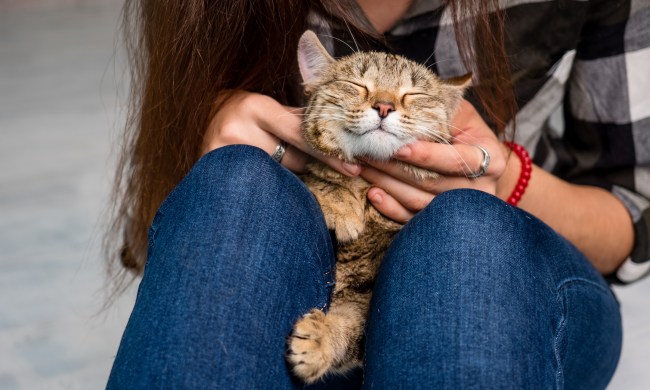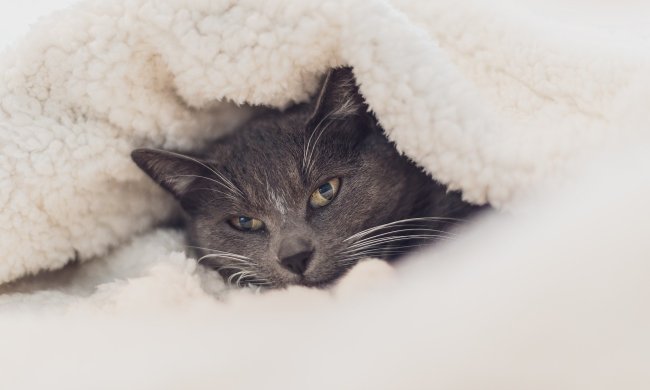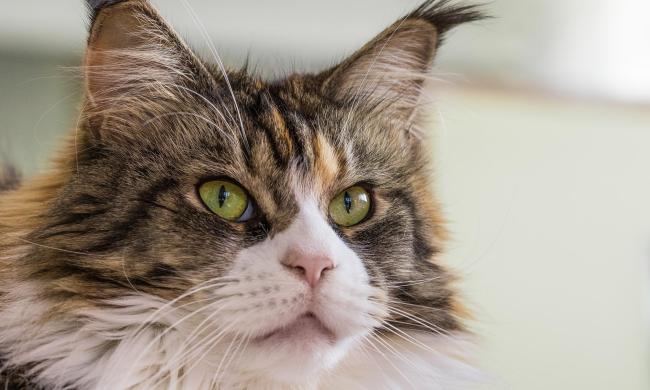If you’re thinking of adopting a cat, one of the more common breeds that you often hear about is the Maine Coon. This distinctive cat breed has an impressive appearance, and once you’ve met a Maine Coon, it’s hard to forget it. But is this breed right for you? When deciding, it’s important to look beyond just the cat’s physical appearance.
The Maine Coon personality is the driving force behind why so many people love this breed, and why these beasties are so sought after. Whether you’re thinking of adopting a cat from a rescue or buying one from a breeder, you might want to include the Maine Coon on your list of top breed candidates.
Do Maine Coons like to be held?
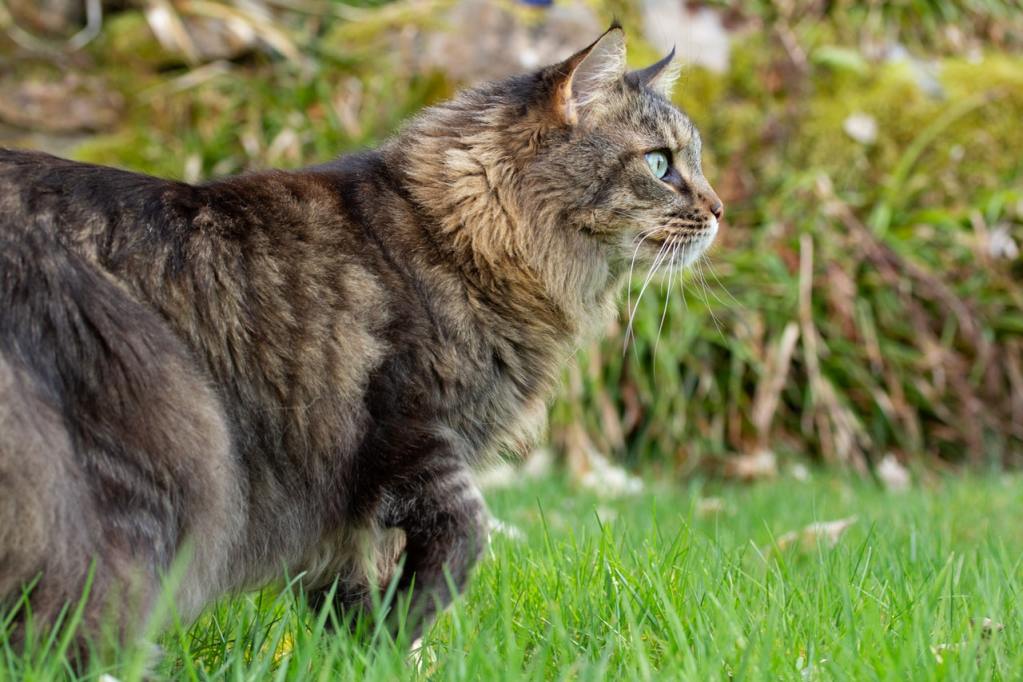
Maine Coons have a sweet and gentle nature. They tend to be affectionate toward humans, and if a cat is gradually introduced to being held, chances are they will allow it. Every cat can be different, though, so your Maine Coon may or may not like to be held.
The best way to get a cuddly cat is to ask after his parents and siblings for one who might be so inclined to human touch. After that, make sure you start early while your new mouser is just a kitten and consistently give him pets and treats. By the time he grows up, you’ll have a dedicated pal.
Do Maine Coons have high-maintenance personalities?

Not really. While their increased size comes with some insignificant challenges, like needing extra sturdy cat trees, you’ll generally have a low-maintenance pet when you bring one home. This breed loves the outdoors and hunting in particular. If you can, safely teach your new pet how to walk outside or take them out on supervised excursions to the fenced-in yard.
Occasionally, they catch something and you certainly don’t want to harm the local bird population (though no one would begrudge if a troublesome mouse disappears). Placing shrubs around the area for cover and monitoring your cat can help cut back on these incidents.
Are Maine Coon cats more aggressive?

VetStreet reports that Maine Coons tend to be easygoing and adapt easily to different environments. This breed doesn’t tend to be overly aggressive, and Maine Coons often get along with everyone, both human and pet.
Top reasons to adopt a Maine Coon

There are many reasons to adopt a Maine Coon:
- Maine Coons have a fantastic personality, and they often get along well with people and other pets.
- These cats are sweet and friendly, and they love to spend time with their humans without being overly demanding of attention.
- Maine Coons have dog-like personalities, and many learn to walk on a leash and to even play fetch.
- These gentle giants are truly huge, weighing in between nine and 18 pounds.
- These cats have thick, luxurious coats and are beautiful to look at.
- Maine Coons are available in many different coat colors and patterns, so there’s lots of variety if you want to get several cats of the same breed.
- Maine Coons are a historic breed of cat dating all the way back to the 1800s.
- These cats make all sorts of noises, from meows to chirps to their deep, rich purr.
What problems do Maine Coon cats have?
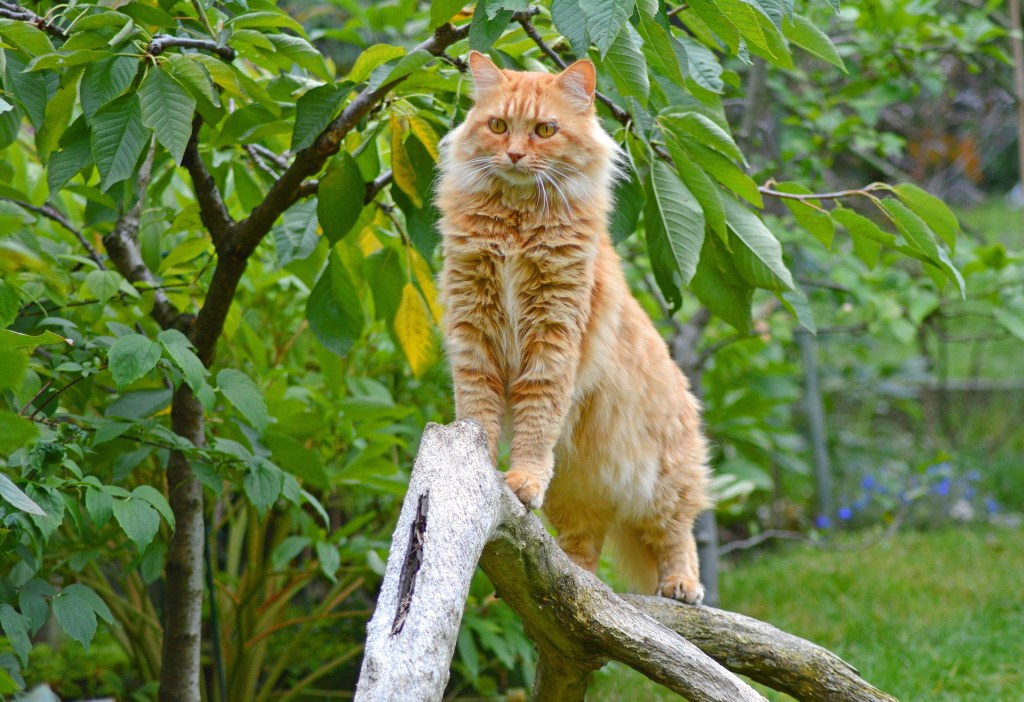
While the beauties are a great choice, they have some traits you need to consider as well.
Health issues
According to VetStreet, the breed is prone to some health issues like hip dysplasia and heart disease. Unfortunately, breeders can’t guarantee that cats will be free of heart disease, but hip dysplasia is hereditary, and x-raying breeding cats can help to ensure that their offspring have healthier hips to minimize the chance of their developing this condition.
Grooming requirements
Perhaps the biggest downside to the breed is the fact that, while they have long and luxurious coats, those coats require vigilant care. You will need to be prepared to groom your Maine Coon’s coat daily to help prevent mats from forming and to remove any debris from the coat. This is much more care than other cat breeds require, so make sure you have the time to dedicate to this daily grooming.
If you decide to take your cat to a professional groomer on occasion, those trips can increase the expense of caring for your cat. Most importantly, be prepared for the fact that when Maine Coons shed, they expel a lot of hair, so you’ll need to be ready with a vacuum and a lint roller.
Final thoughts on Maine Coon cats

Before you adopt any cat, it’s important to do your research into the breed that you’re considering. Different breeds have different temperaments, care needs, and health issues, so you’ll want to be prepared and know what to expect.
Keep in mind that each cat is an individual, too, so while a cat’s breed might give you some insight into what its temperament is likely to be, it’s important to get to know that cat so you understand what its temperament actually is. Taking the time to find a cat who’s the right fit for your family and your life is important, and it will help to ensure that you and your cat are a purr-fect match for each other.

